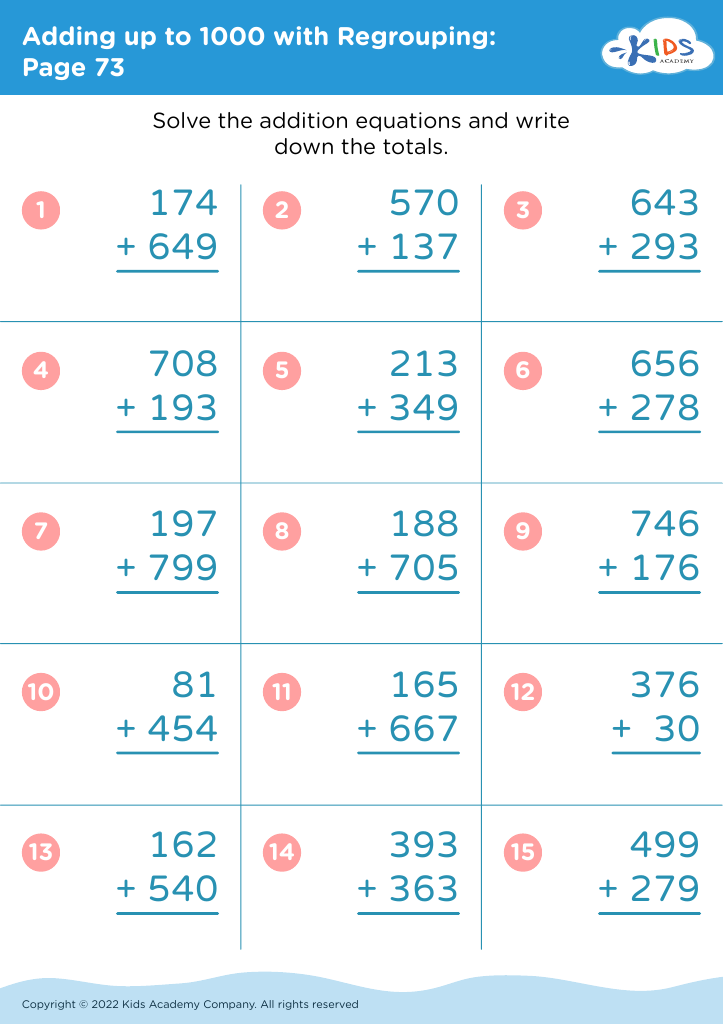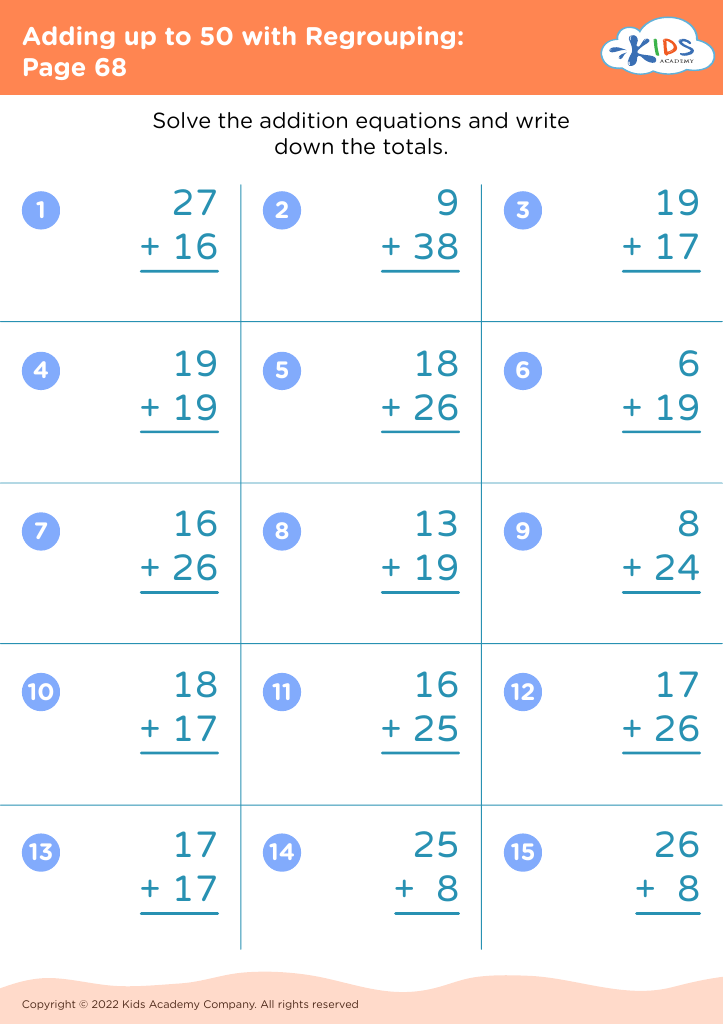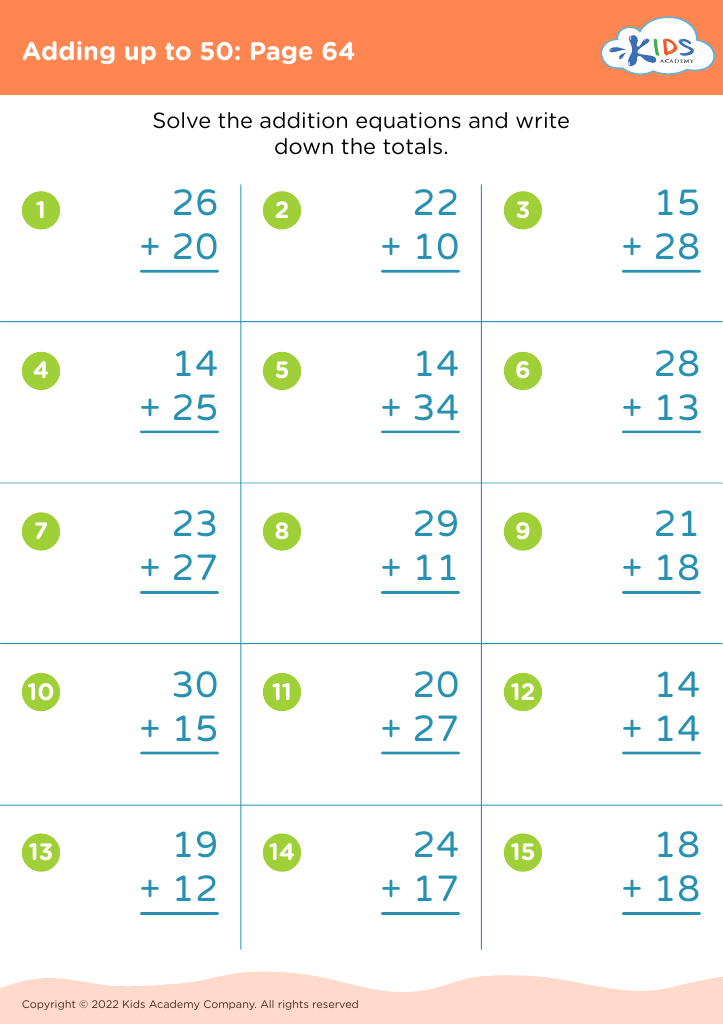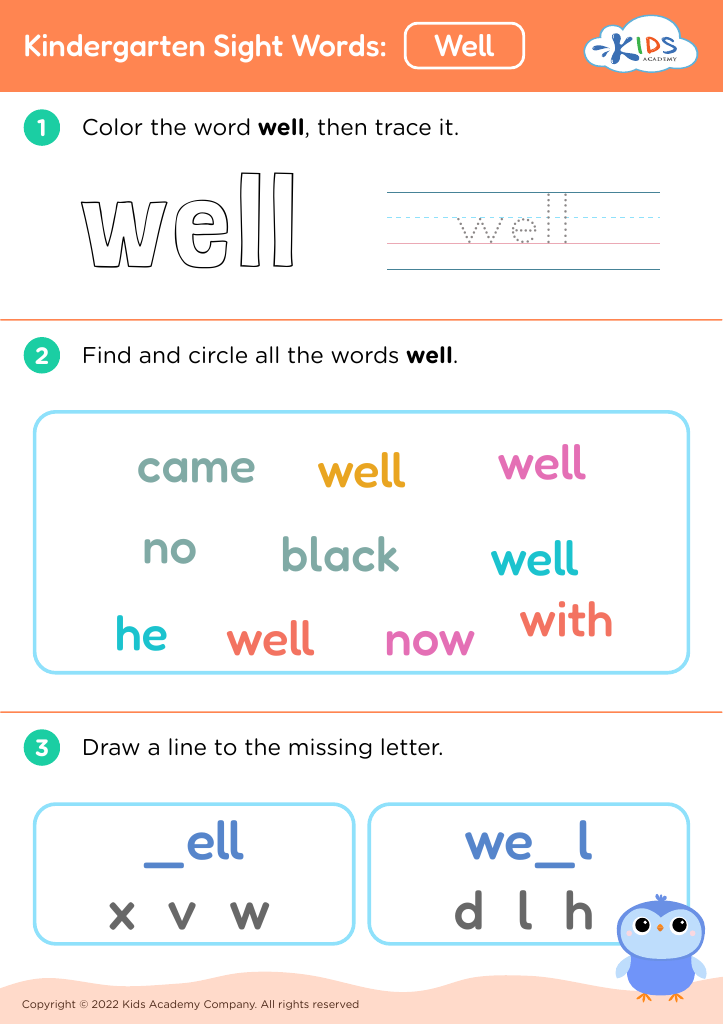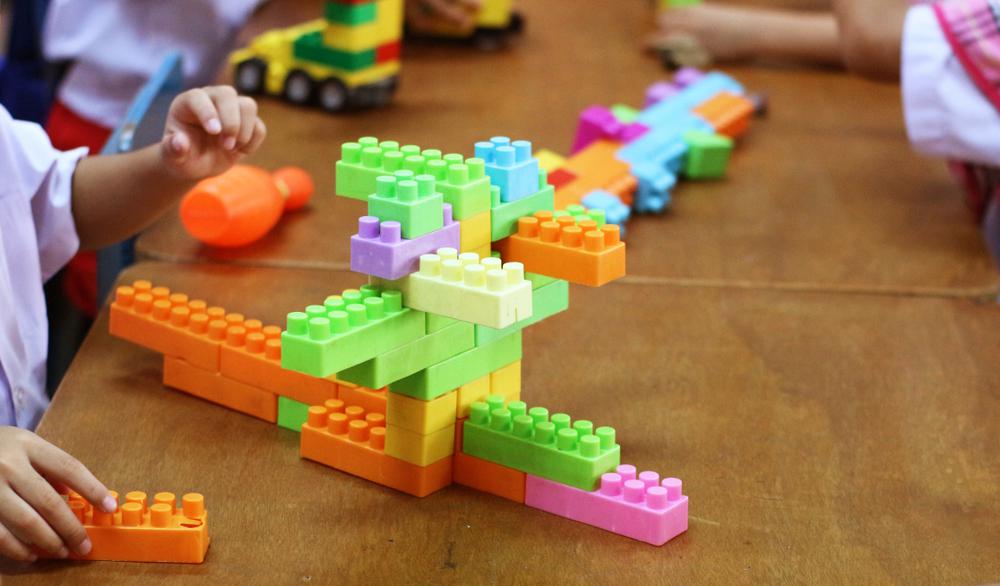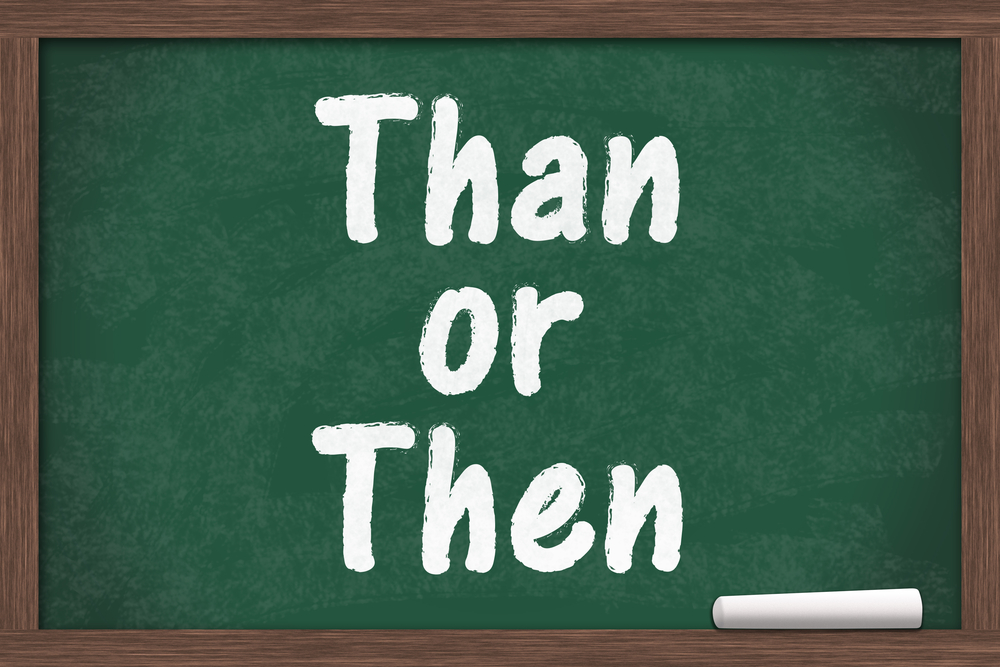Developing logical thinking Worksheets for Ages 5-8
10 filtered results
-
From - To
Enhance your child's cognitive abilities with our engaging "Developing Logical Thinking Worksheets" designed specifically for ages 5-8. Our carefully curated worksheets help young learners hone their reasoning skills through fun activities that encourage critical thinking and problem-solving. Each worksheet includes a variety of challenges—puzzles, patterns, and sequencing tasks—tailored to keep children interested and motivated. Perfect for at-home learning or classroom use, these worksheets can be easily printed and integrated into daily activities, fostering a strong foundation for future academic success. Explore our rich collection and watch as your child develops not just logical thinking, but also confidence and creativity!
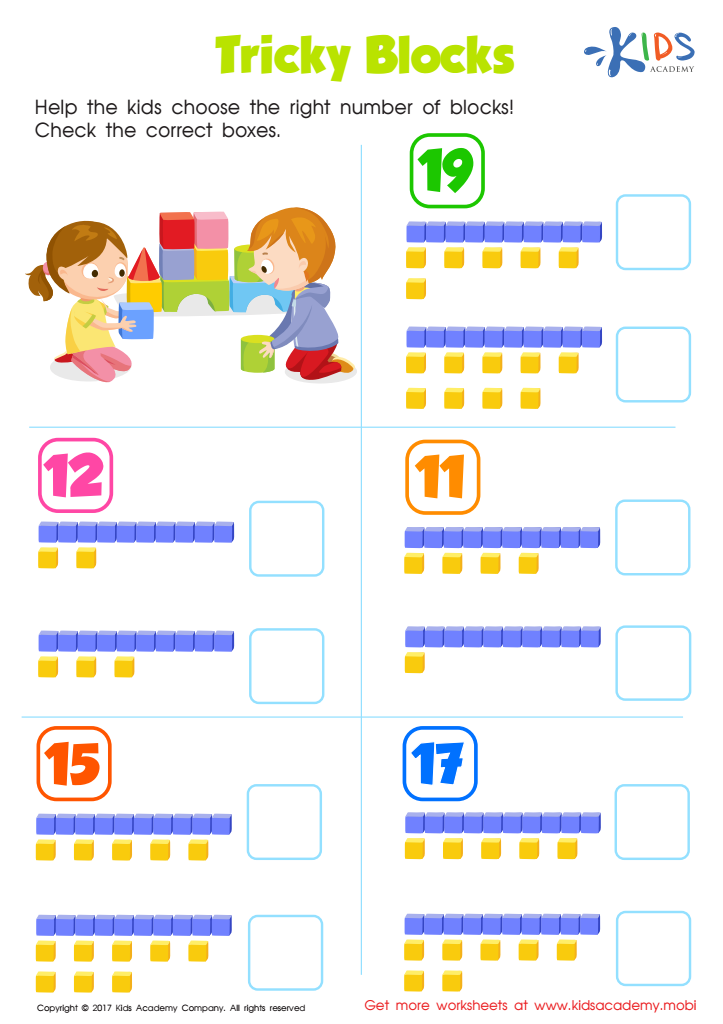

Tricky Blocks Worksheet
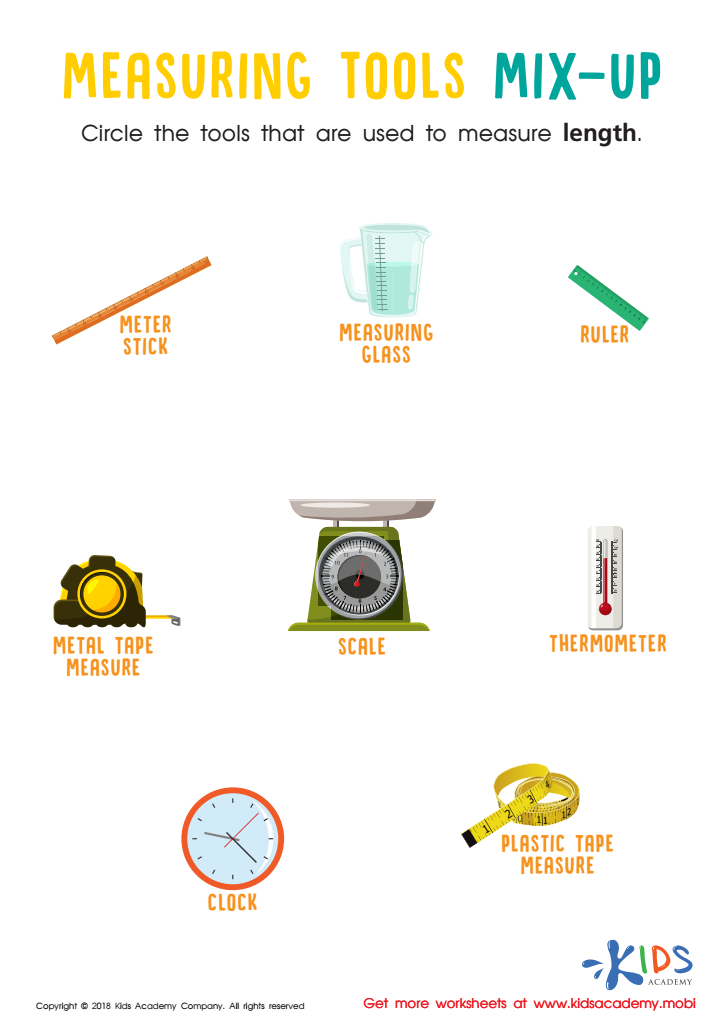

Measuring Tools Mix–up Worksheet
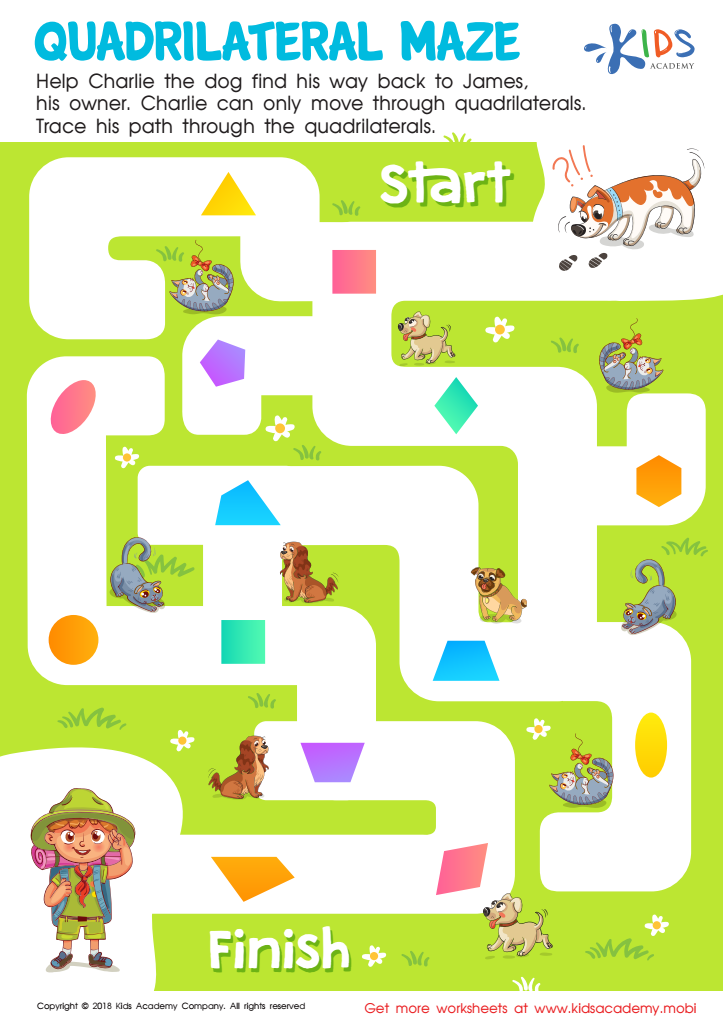

Quadrilateral Maze Worksheet
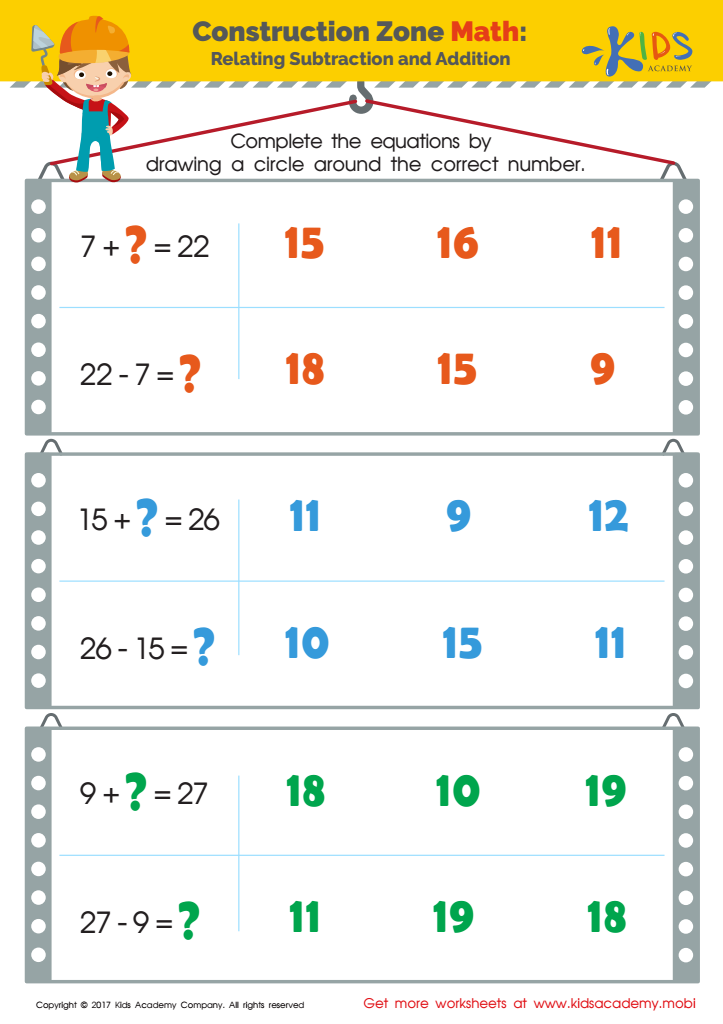

Related Addition and Subtraction Facts Worksheet
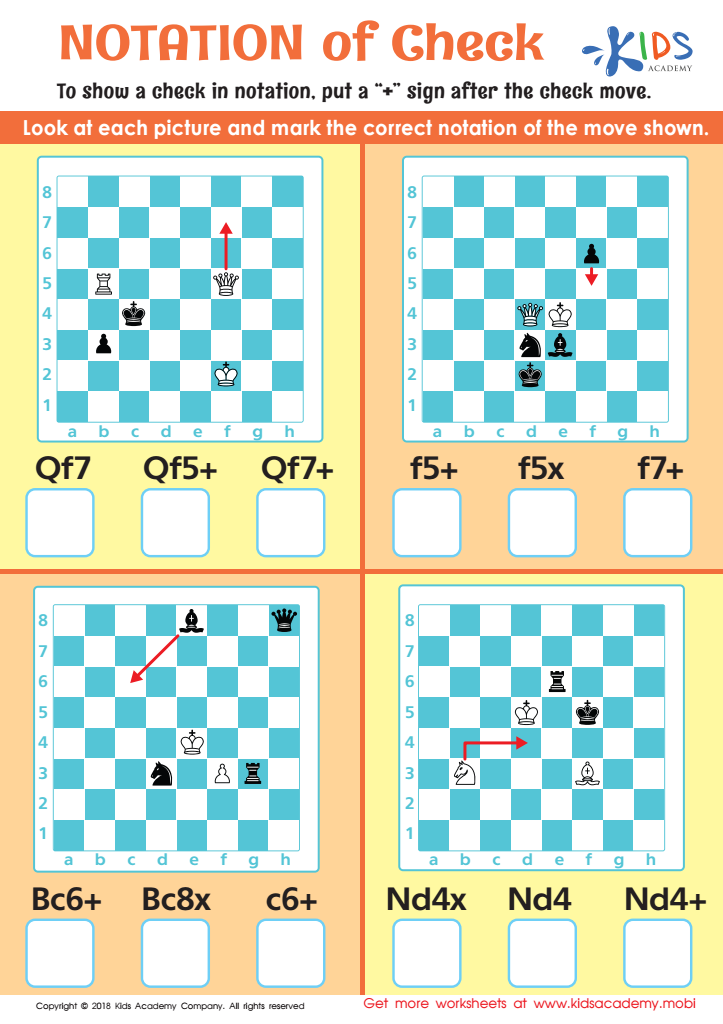

Notation of Check Worksheet
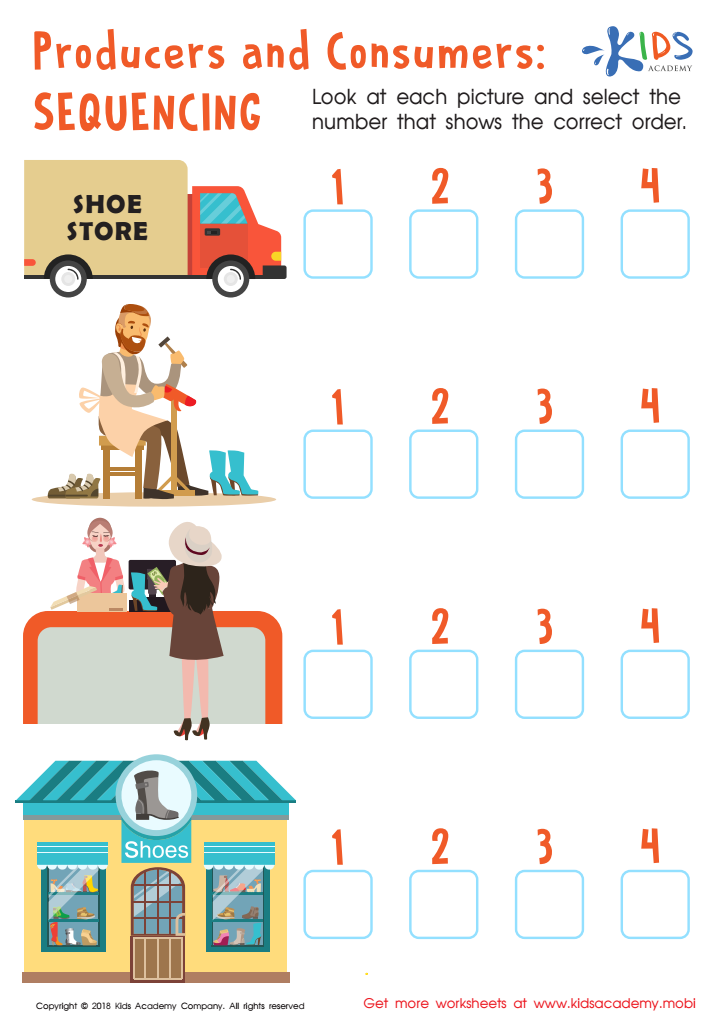

Producers and Consumers: Sequencing Worksheet
Developing logical thinking in children ages 5-8 is crucial for several reasons. First, this is a formative age where foundational cognitive skills are established. When children engage in logical reasoning, they learn to analyze situations, recognize patterns, and solve problems effectively—skills that are essential not just in academic environments but also in real-life situations.
Moreover, fostering logical thinking enhances communication and social skills. As children learn to articulate their thoughts and reason with others, they become better equipped to navigate interpersonal relationships, express their needs, and collaborate in group settings. This is particularly important as they transition into more complex social environments both in school and beyond.
Additionally, cultivating these skills in early childhood supports academic success across all subjects. Mathematics, science, and even literacy involve components that require logical reasoning. By fostering these skills early, parents and teachers ensure that children have the tools they need to tackle more advanced concepts as they progress in their education.
In summary, parents and teachers should prioritize the development of logical thinking to equip children with essential cognitive skills, enhance their communication abilities, and support their overall academic success. It's an investment in their future learning and problem-solving capabilities.
 Assign to My Students
Assign to My Students

